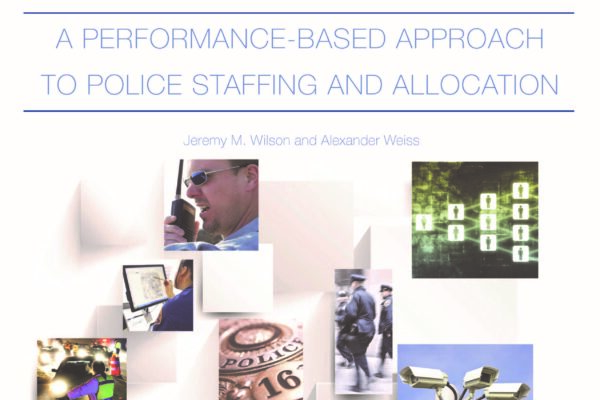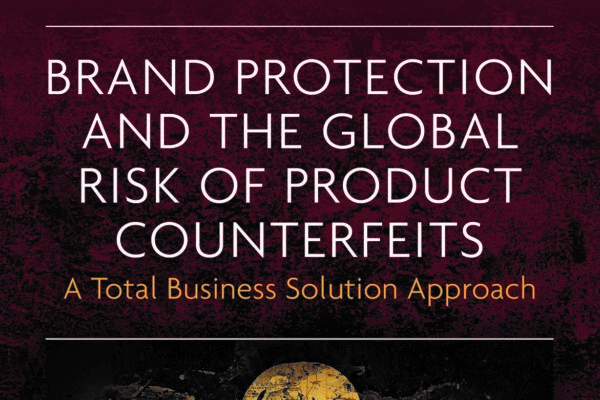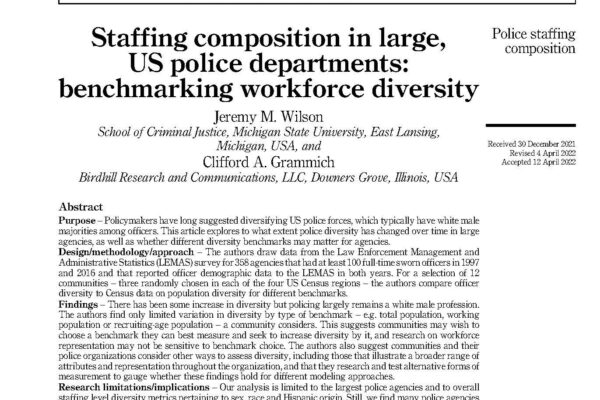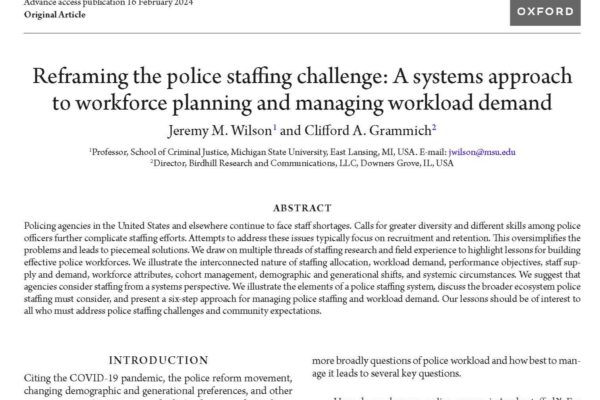Product counterfeiting is a large and global economic crime that causes significant economic, social and personal harms. Facilitated by the efficiency and convenience of e-commerce, finding and buying counterfeits have never been easier. Going beyond product listings on websites, counterfeiters are now using sophisticated marketing techniques to promote their illicit wares. This includes employing deviant social media influencers who violate social norms and the law to peddle counterfeit goods via channels such as YouTube and Instagram. However, very little is known about their market or their impact. Based on two UK surveys, the empirical research described in this article estimates the prevalence of consumers who purchase counterfeits because of SMI endorsements. We believe this is the first estimate of its kind anywhere. Further, the research finds that influencer marketing exploits characteristics of consumers that make them susceptible to the charms of the deviant SMIs: high susceptibility to the influence of trusted digital others, low risk awareness, high risk appetite, and prone to rationalizations that morally justify the purchases. The higher prevalence of these characteristics in young adults and males helps to explain why these demographic groups are the most likely to purchase endorsed counterfeits.
The Impact of Deviant Social Media Influencers and Consumer Characteristics on Purchasing Counterfeit Goods. Deviant Behavior (Open Access)
Featured Research

A Performance-Based Approach to Police Staffing and Allocation
U.S. Department of Justice, Office of Community Oriented Policing Services

Brand Protection and the Global Risk of Product Counterfeits: A Total Business Solution Approach
Edward Elgar Publishing
***WINNER OF THE AMERICAN SOCIETY OF CRIMINOLOGY DIVISION ON WHITE-COLLAR AND CORPORATE CRIME OUTSTANDING BOOK AWARD***

Staffing Composition in Large, US Police Departments: Benchmarking Workforce Diversity
Policing: An International Journal

Reframing the Police Staffing Challenge: A Systems Approach to Workforce Planning and Managing Workload Demand
Policing: A Journal of Police and Practice

Police Recruitment and Selection: Resources And Lessons for Workforce Building
U.S. Department of Justice, Office of Community Oriented Policing Services

